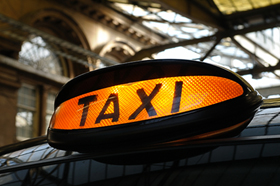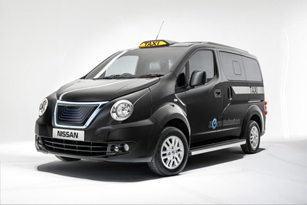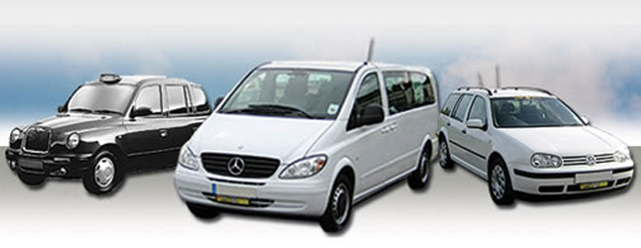Private Hire/Licensed Taxis
Phoenix recognises that as with all passenger transport the private hire and taxi industry has a morass of complex regulations. The current licensing system in the United Kingdom has grown from its simple beginnings in 1976 to become the many-headed monster of bureaucracy and red tape that we commonly experience today. Local authorities have written comprehensive rule books, not because of the people in the trade who do the job correctly, but addressing those who do not.
It has always been our perception that if the trade is to move away from some of the restrictive practices utilised by local authorities it must raise its professional profile by ensuring that accredited training becomes the norm and not the exception. This is essential if the trade is to progress and become recognised as the sizeable and valuable industry it really is.
Over the past few years some Licensing Authorities have restricted new vehicle licences solely to vehicles capable of carrying wheelchair passengers. It has not however imposed the need for drivers to be trained in the necessary knowledge and skills needed to
(i) be able to safely use the equipment required to restrain wheelchairs
or
(ii) understand the needs of these passengers. Some of these skills are legally necessary such as Manual Handling whilst some just make good sense not only for special needs passengers but also for the general public in dealing with Epilepsy or Asthma. Customer care and qualifications are vital constituents of a more professional industry with all the commercial benefits that brings.
The objective of our training is to raise the profile of the industry to the public and to raise the self esteem of the drivers. They are vocational people with a tremendous amount of responsibility and their actions can make a good day or a bad one for their passengers or even save or take away life.
Their training will benefit them in gaining or retaining
(i) School and social services contracts
(ii) Hospital contracts for sitting case patients
(iii) Private care and health homes
(iv) Mobility services
(v) Community contracts all of which are beginning to ask for vocational qualifications.
The confidence from being trained gives a much better customer experience.
To ensure that they are aware of their legal responsibilities under Miscellaneous Provisions Act, Manual Handling Operations Regulations, Health and Safety at work acts and regulations, including Duty of Care etc., the training is made up of modules addressing:
- Safety units: Checking and using emergency equipment,
- Manual handling, Ramps and Lifts.
- Medical units: Understanding and dealing with Epilepsy and Asthma attacks, First aid.
- Legal and Legislation Units: Health and Safety issues, Miscellaneous Provisions Act, Licensing Regulations, Manual Handling.
- Operational Units: Fare structure, Lost Property, Damage.
- Caring units: Child protection issues, Challenging behaviour, Customer care inc. Special Needs passengers.
- Wheelchair Units: correct securing of & passenger restraints systems
Vehicle Evacuation Units: Fire extinguishers, safe evacuation and vehicle fires
As private hire for special needs transport increases it is more and more common that the vehicles in use are not only cars but minibuses placing an even greater need for professional training


